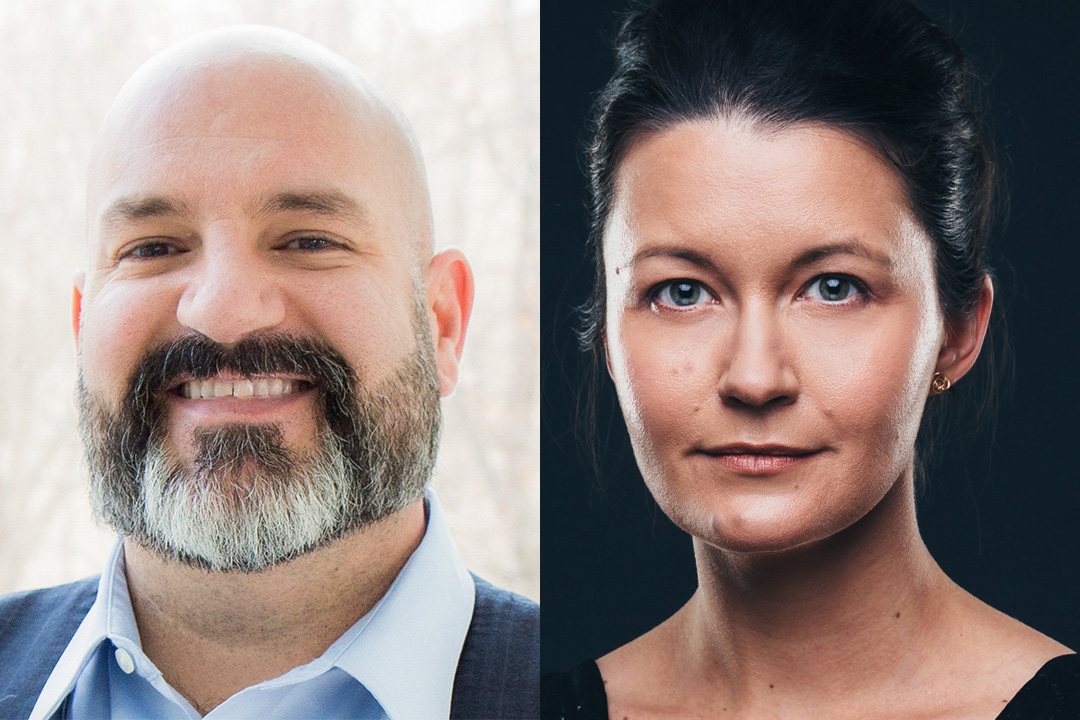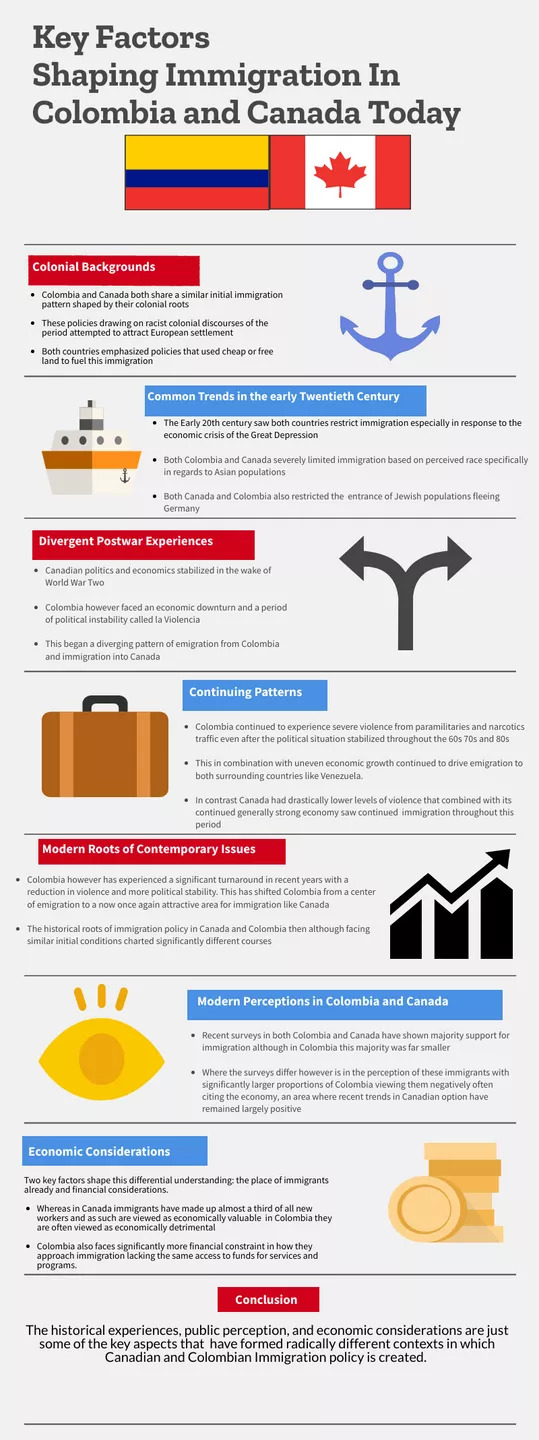
Collaborative online international teaching enhances USask students’ global awareness
Studying abroad was impossible during the pandemic, but University of Saskatchewan (USask) music professor Dr. Veronique Mathieu (DMus) and political studies lecturer Dr. Martin Gaal (PhD) successfully brought the world to their students through Collaborative Online International Learning (COIL) projects, which involve teaching partnerships with universities abroad.
By Federica Giannelli“COIL, a short-term virtual exchange, can help prepare students to work in a connected multi-cultural world, and it can help instructors internationalize their teaching and research,” said Roberta Campbell-Chudoba, COIL co-ordinator and educational development specialist at the USask Gwenna Moss Centre for Teaching and Learning. “USask is committed through COIL to provide a more equitable access to international experiences at no additional cost to students.”
Mathieu and Gaal embedded COIL within their existing courses as a shared project with instructors abroad. Working comfortably from home, USask students collaborated with students in the partnering university to complete the tasks assigned and reflected on their experiences working with peers from a different culture.
The Gwenna Moss Centre assisted Mathieu and Gaal with planning and integrating COIL components in their classes by offering advice and technical support for virtual teaching.
Collaborating to the sound of music
As part of teaching her 20th century contemporary music class, Mathieu partnered with music professor Dr. Silvio Ferraz (DMus), who was teaching a music composition class at the University of São Paulo in Brazil, to develop a shared project where students would compose and play a new original piece.
“I met Dr. Ferraz previously at a Brazilian music festival,” said Mathieu. “We were both performing, and I found him a very inspiring person to work with. COIL was the perfect opportunity to collaborate.”
Each USask music student was matched with a Brazilian composition student and exchanged musical materials, examples of their works, and tried different performance techniques that were recorded at the end of the class. Mathieu and Ferraz plan on sharing the recordings on their respective department websites.
“I wanted my students to experience a real-life professional situation where they could work with composers, which is a rare creative opportunity for musicians,” said Mathieu.
The opportunity to collaborate with students abroad was the highlight of the course for Mathieu’s student Drusilla Walz, who said that COIL was a great way to expand her horizons.
Although Mathieu said at times it was a bit challenging to overcome language barriers and uneven access to Internet connections during the lockdown in Brazil, she would recommend COIL to other USask faculty.
“COIL pushes you to be creative with how you teach your class and it’s a great internationalizing experience.”
Understanding global issues
Gaal, a political studies lecturer, teaches the benefits of developing intercultural networking skills to navigate international collaborations in a global market, and since 2018 he has worked with the Gwenna Moss Centre to include COIL as part of his classes for the Certificate in Global Studies program.
Gaal and Dr. Luisa Maria Lozano Diaz (PhD), professor at Universidad de la Sabana in Bogotá (Colombia) paired up their students and asked them to analyze how global issues affect Canada and Colombia differently. The students discussed topics such as water security, Indigeneity and trade.
“COIL could help students become part of a globalized workforce that could further internationalize the Saskatchewan economy because they would have a better understanding of cultural diversity,” said Gaal.
Gaal and Diaz were matched with the help of the USask International Office staff, who help USask faculty find international partners interested in pursuing COIL opportunities. The staff are now helping the two instructors establish a more formal long-term collaboration that may eventually lead to a closer research partnership and in-person faculty exchange.
“COIL is a valuable experience for instructors because it helps us build more bridges with colleagues abroad and come up with new ideas that could help us tackle global issues,” said Gaal.

More about COIL and funding opportunities
USask instructors have so far offered 9 courses with COIL components in a wide range of areas that include geography and planning, plant sciences, and English, among others.
Faculty have access to up to $2,000 for first-time COIL projects and up to $500 for four subsequent projects to hire student assistants to help them with delivering COIL and access professional development. COIL is funded through the Government of Canada’s Outbound Student Mobility Pilot Program.
More information about how instructors can participate can be found on the COIL webpage.

